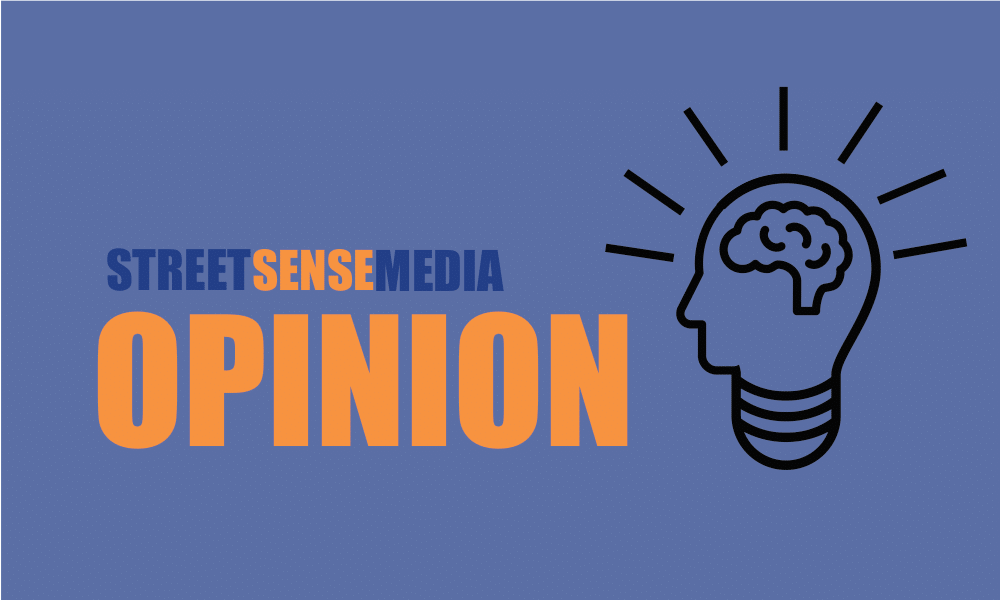The Washington Lawyers Committee recently released a report showing racial disparities in fare evasion enforcement by the Metro Transit Police. The research has gained traction as members of the D.C. Council consider whether to advance the Fare Evasion Decriminalization Act.
Fare-evasion is categorized as a crime that can result in arrest, up to 10 days in jail, and a fine of up to $300. Metro Transit Police started “cracking down” on fare evaders last year according to an internal WMATA report. Indeed, the report from the Washington Lawyers Committee found that the number of people given citations more than doubled between 2016 and 2017, as did the percentage of people who were given a citation or summons rather than a warning.
The extra enforcement is will ostensibly help Metro’s bottom line. A Metro spokesperson told WUSA9 that The Washington Metropolitan Transit Authority loses up to $20 million annually due to fare evasion.
“This is a hyper-policed environment where mainly poor Black and brown residents are targeted and overwhelmingly saddled with citations,” said Nassim Moshiree, policy director for the ACLU. “This increased enforcement is a distraction from the reason that Metro is losing money. There have been years of mismanagement, including service cuts and interruptions. People who can afford other transportation are just availing themselves of that because of service issues.”
Moshiree said the Metro has no evidence to support that fare evasion is causing their $20 million loss. She suggested that long-term mismanagement, service cuts and disruptions have driven higher-income riders to alternative transportation and left lower-income riders to experience Metronew enforcement strategies.
Street Sense Media reached out to WMATA for comment but did not receive a response by the time of publication.
The Lawyers Committee report analyzed data provided by WMATA associated with Metro Transit Police’s enforcement of the fare evasion law between Jan. 1, 2016, and Feb. 5, 2018. The group found that residents of color were disproportionately targeted for fare evasion and received a disproportionate amount of citations.
“At Gallery Place, 46 percent of stops were young Black people. It is also a center point of gentrification. That area has completely transitioned. It asks the question, ‘who is supposed to be in that community?’” said Marques Banks of the Lawyers Committee.
Ninety-one percent of citations and summons were issued to Black people – 72 percent Black men, 20 percent Black women and 46 percent Black youth (under 25 years of age). The Metro police also targeted specific Metro stations used heavily by youth of color. For example, 15 percent of stops occurred at Gallery Place and 14 percent of stops at Anacostia Station.
“Our immigrant youth are profiled and harassed by [Metro Transit Police Department] and the public. Many don’t speak English and do not know how to maneuver the complicated eligibility process for the Kids Free D.C. One Card,” said Claudia Barragan, a District. resident who testified at a hearing discussing fare evasion decriminalization last year.
She described finding a One Card on the ground last year and taking her time to mail it back to its owner. She told the councilmembers at the hearing that she now realized the youth missing the card was probably at risk of facing arrest by MTPD without it, which she called disturbing.
“A 7-year-old was stopped for fare evasion. What are we really trying to do?” Banks asked rhetorically.
Criminalization of this low-level offense affects low-income D.C. residents the most by amplifying existing pressures, according to Moshiree of the ACLU. Rising Metro fares can contribute to gentrification by silently determining who can afford to be downtown.
“Many long time D.C. residents, because of rising costs of living, have been pushed further out and away from the center — from services,” Moshiree said. “They end up having to pay the most for Metro, because they have the longest distance to travel, just to meet their basic needs.”
She calls this a criminalization of poverty and estimates that it has affected 30,000 residents in the past two years.
“People have been detained and beaten because they didn’t have ten cents or a dollar,” said Dornethia Taylor, an activist with Black Lives Matter D.C. “They still have to choose between food, rent and metro, but at least with a civil offense and a ticket, that person doesn’t have to worry about being locked up.”
D.C. Council will vote on the Decriminalization of Fare Evasion Bill at 3 p.m. on Oct. 4. The bill would make fare evasion a non-criminal offense and cap fines at $100, is still under review by D.C. Council.
“With this bill, and others that may follow, we hope to decriminalize behavior that should face appropriate consequences but not impair a person’s future for all time,” said Councilmember Cheh, a co-introducer of the bill.
While decriminalizing fare evasion will lessen the offense, it won’t address the poverty that prevents some D.C. residents from paying fares to being with, according to Banks.







